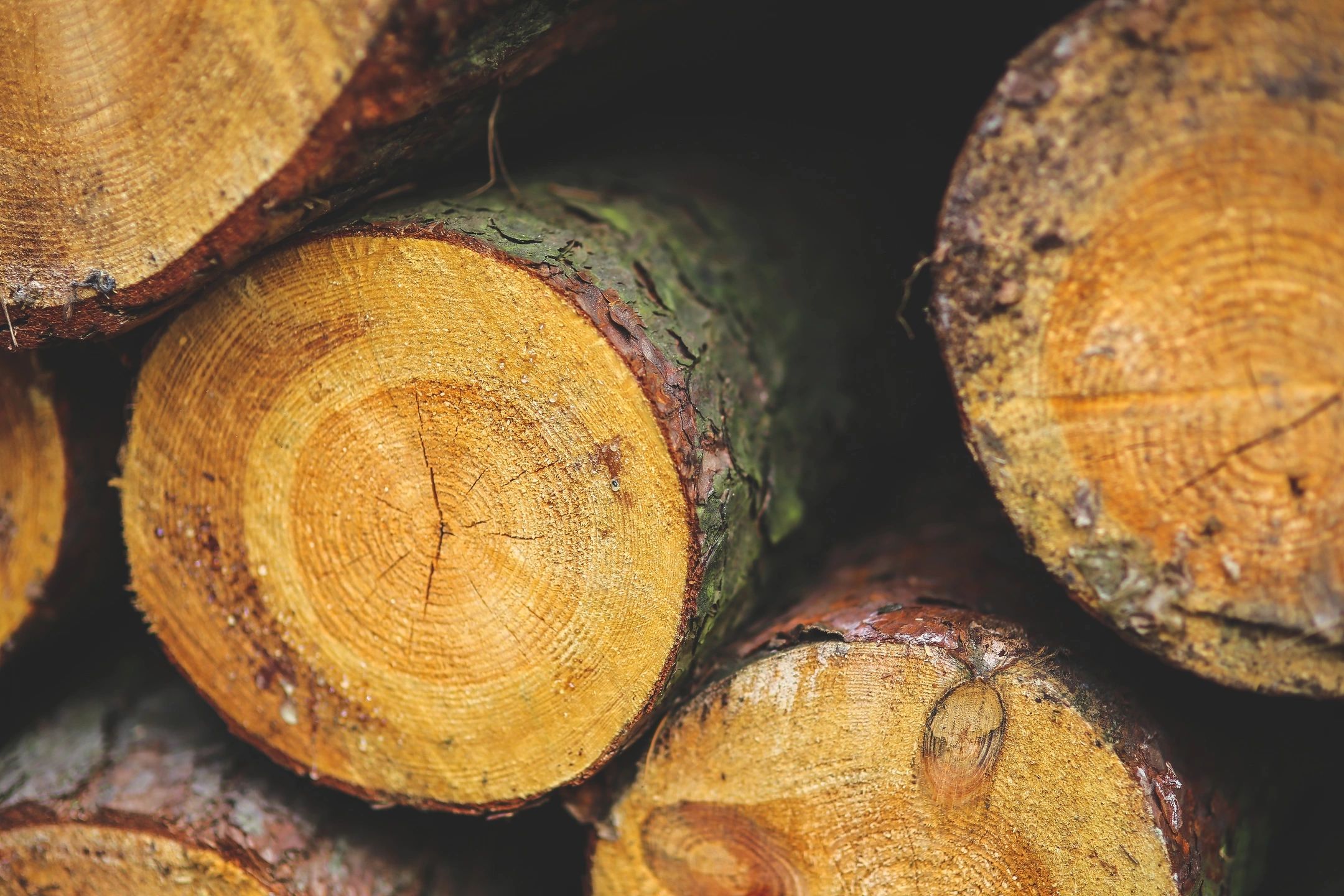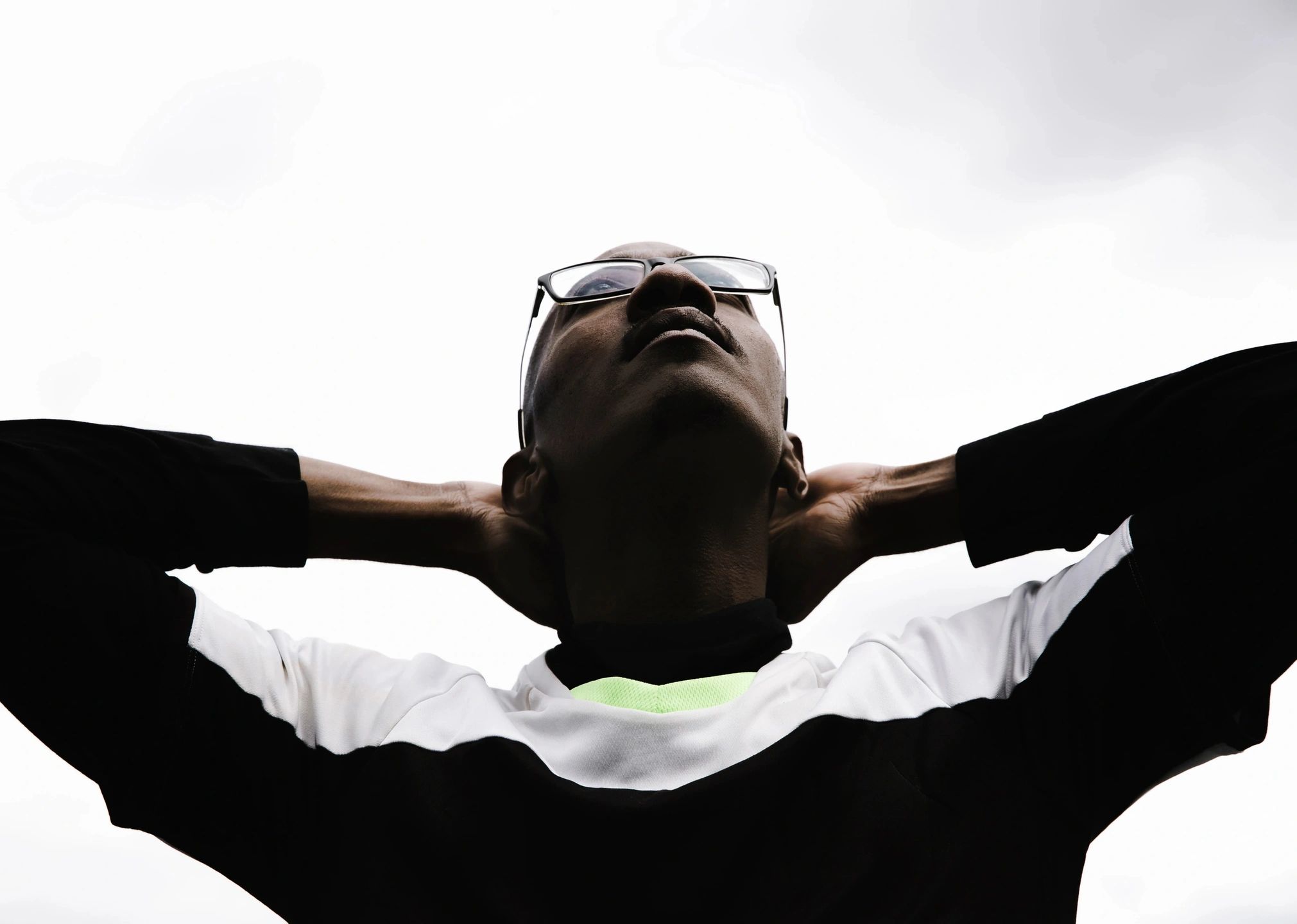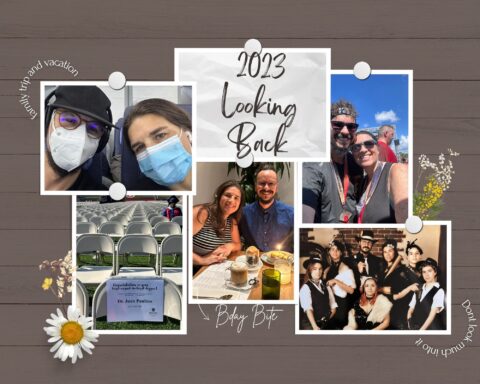No one knows. I haven’t told anyone. I don’t share. I don’t want to be a burden. These are phrases I hear often and it speaks of pain, loneliness, protectiveness and silence as well as other emotions that we are not to name. Have you heard someone say this? Have you ever used this phrase? The answer is not always so simple. The truth of not being a burden can be complex.
Sometimes it can be helpful to ask curious questions in order to better understand a phrase, feeling or thought. What are some curious questions you can ask yourself? May I suggest some?
Have I been called a burden before? If so, by whom?
What does it feel like to hold a burden all by myself?
Would I call someone else a burden if they shared the same thing?
Is this my way of saying that I don’t feel safe to share? Or perhaps I feel hopeless or helpless?
Do I have someone in my life that tells me I am not a burden or who wants to know my situation?
Sharing our concerns, thoughts or feelings does not mean that we are expecting someone to fix or carry them for us. We may need to find people who can walk with us as we experience burdens of life, and we can recognize that our burdens often feel lighter when we are in community. Covid has brought out different views and extra burdens which give us the opportunity to grow, share and connect with others or it can give us the opportunity to isolate, judge, or hide. We have choices of what we do with the burdens we feel.
To those of us who have the privilege to hear the burdens or concerns of others may we provide a safe and non-judgmental space to listen. To those of us who are aching to share our burdens/concerns with others may we find people who are open to listen and who offer the companionship of walking the road with us.
Sharing can be vulnerable, but it can also reap amazing benefits.







